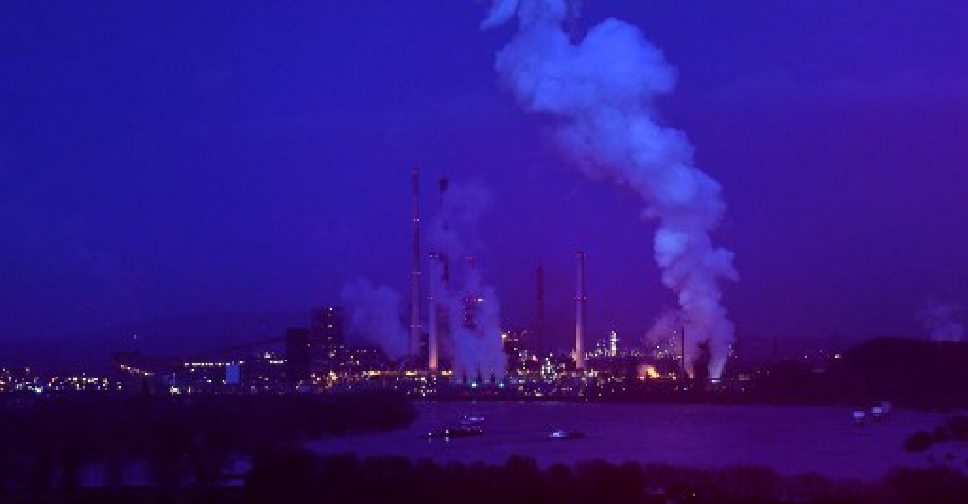
G7 economies are well placed to be first movers on driving down carbon dioxide emissions from heavy industry, setting out a path for the rest of the world to transition to clean energy systems, according to a new report from the International Energy Agency (IEA).
The report, Achieving Net Zero Heavy Industry Sectors in G7 Members, was requested by Germany under its 2022 Presidency of the G7 to inform policy makers, industrial leaders and other decision makers ahead of this month’s G7 Climate, Energy and Environment Ministers’ Meeting in Berlin and beyond.
It lays out a series of recommendations for G7 economies to advance the transition towards near zero emission steel and cement production, building on the IEA’s landmark report last year, Net Zero by 2050: A Roadmap for the Global Energy Sector.
G7 members – Canada, France, Germany, Italy, Japan, the United Kingdom, the United States plus the European Union – account for around 40% of the global economy, 30% of energy demand and 25% of energy system CO2 emissions.
Meanwhile, heavy industry’s direct CO2 emissions amount to around 6 billion tonnes per year, more than one-sixth of total CO2 emissions from the global energy system. Producers of steel and cement in particular face unique challenges to drastically reduce their emissions footprint.
The G7’s economic heft, technology leadership and international alliances present it with a special role in leading the way and inspiring successful energy transitions in these crucial sectors, the new report says.
Heavy industry is responsible for more than 15% of coal use and about 10% of oil and gas use in G7 members. This makes the net zero transition in heavy industry an important pillar for reducing the reliance on fossil fuels in the G7.
However, many of the technologies for significantly reducing emissions from heavy industry are still at large prototype or demonstration stage, and competitive international markets for heavy industrial products often result in profit margins that are too thin to cover the higher up-front costs of integrating low emission processes.
The new IEA report sets out a toolbox that G7 members can draw upon and recommends that they set out ambitious long-term energy transition targets for heavy industry while supporting early commercial projects through targeted finance and other risks mitigation measures. These supply-side efforts would also leverage essential private investment, it says.
On the demand side, the report recommends using carbon contracts for difference, public procurement rules, mandates, quotas and other related measures to create differentiated markets for steel and cement production with near zero emissions, which at least in the immediate future will be more expensive than materials made using legacy processes.


 UK's Jaguar Land Rover to halt US shipments over tariffs
UK's Jaguar Land Rover to halt US shipments over tariffs
 US starts collecting Trump's new 10% tariff
US starts collecting Trump's new 10% tariff
 Nasdaq set to confirm bear market as Trump tariffs trigger recession fears
Nasdaq set to confirm bear market as Trump tariffs trigger recession fears
 Dana Gas and Crescent Petroleum exceed 500M boe in Khor Mor field
Dana Gas and Crescent Petroleum exceed 500M boe in Khor Mor field
 China to impose tariffs of 34% on all US goods
China to impose tariffs of 34% on all US goods




